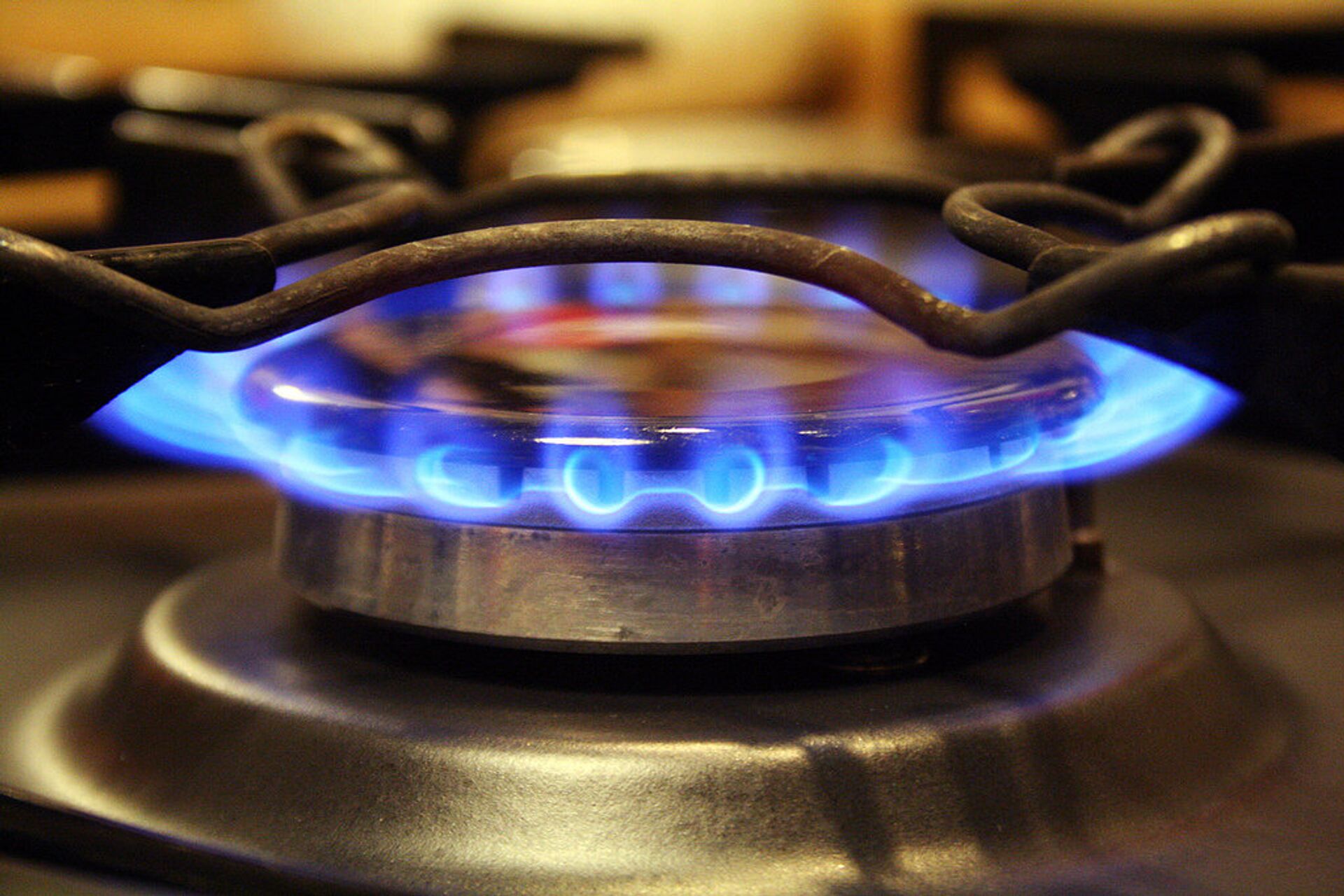https://sputnikglobe.com/20220625/frustration-growing-among-us-allies-as-russia-sanctions-backfire-reports-say-1096655831.html
Frustration Growing Among US Allies as Russia Sanctions Backfire, Reports Say
Frustration Growing Among US Allies as Russia Sanctions Backfire, Reports Say
Sputnik International
MOSCOW (Sputnik) - The United States and its European allies are facing frustration and economic pain of their own making as sanctions against Russia continue... 25.06.2022, Sputnik International
2022-06-25T12:51+0000
2022-06-25T12:51+0000
2022-06-25T12:51+0000
russia
us
europe
gas
economic crisis
sanctions
https://cdn1.img.sputnikglobe.com/img/07e6/06/0c/1096252143_25:0:1387:766_1920x0_80_0_0_f9c33031c315afc2de1fbe7189730a01.png
An article by the New York Times daily on Friday cited experts and current and former officials who conceded that the US-led Western alliance did not expect the economic pressure they found themselves under after Russia began a military operation in Ukraine.Daleep Singh, until recently the White House deputy national security adviser on international economics, said in February that the US would never disrupt the flow of energy to global markets as it was deliberate to "direct the pain of our sanctions toward the Russian economy, not ours".That promise did not hold long before the US and Europe slashed Russian oil imports in spring, causing global energy prices to soar and driving Russian crude revenues to a record high. Moreover, the NYT quoted Federal Reserve chairman Jerome Powell as saying at Senate earlier this week that the infamous "Putin's price hike" was there before the conflict in Ukraine began.A State Department official told the paper that the impact of sanctions could be seen in closed luxury stores in Moscow, but he admitted that other countries had been able to withstand sanctions pressure. Iran, Venezuela and Cuba, among others, have done it before.Andrew Weiss, a Russia expert and vice president for studies at the Carnegie Endowment for International Peace, told NYT that Western economies were more exposed to the sanctions backlash than their governments had anticipated. US President Joe Biden conceded last week that the standoff with Russia was going to be "a bit of a waiting game."A key question is whether patience with the sanctions might run out in the West, the paper noted. There is a strong potential for divergence on how far each of the Western capitals can go, with the US seeking to "tighten the screws" on Russia at Sunday's G7 summit and its European allies being more cautious.
Sputnik International
feedback@sputniknews.com
+74956456601
MIA „Rossiya Segodnya“
2022
Sputnik International
feedback@sputniknews.com
+74956456601
MIA „Rossiya Segodnya“
News
en_EN
Sputnik International
feedback@sputniknews.com
+74956456601
MIA „Rossiya Segodnya“
Sputnik International
feedback@sputniknews.com
+74956456601
MIA „Rossiya Segodnya“
us, europe, gas, economic crisis, sanctions
us, europe, gas, economic crisis, sanctions
Frustration Growing Among US Allies as Russia Sanctions Backfire, Reports Say
MOSCOW (Sputnik) - The United States and its European allies are facing frustration and economic pain of their own making as sanctions against Russia continue to chip at the economies at home, US media said.
An article by the New York Times daily on Friday cited experts and current and former officials who conceded that the US-led Western alliance did not expect the economic pressure they found themselves under after Russia began a military operation in Ukraine.
Daleep Singh, until recently the White House deputy national security adviser on international economics, said in February that the
US would never disrupt the flow of energy to global markets as it was deliberate to "direct the pain of our sanctions toward the Russian economy, not ours".
That promise did not hold long before the US and Europe slashed Russian oil imports in spring, causing global energy prices to soar and driving Russian crude revenues to a record high. Moreover, the NYT quoted Federal Reserve chairman Jerome Powell as saying at Senate earlier this week that the infamous
"Putin's price hike" was there before the conflict in Ukraine began.
A State Department official told the paper that the impact of sanctions could be seen in closed luxury stores in Moscow, but he admitted that other countries had been able to withstand sanctions pressure. Iran, Venezuela and Cuba, among others, have done it before.
Andrew Weiss, a Russia expert and vice president for studies at the Carnegie Endowment for International Peace, told NYT that Western economies were more exposed to the sanctions backlash than their governments had anticipated. US President Joe Biden conceded last week that the
standoff with Russia was going to be "a bit of a waiting game."
A key question is whether patience with the sanctions might run out in the West, the paper noted. There is a strong potential for divergence on how far each of the Western capitals can go, with the US seeking to "tighten the screws" on Russia at Sunday's G7 summit and its European allies being more cautious.



